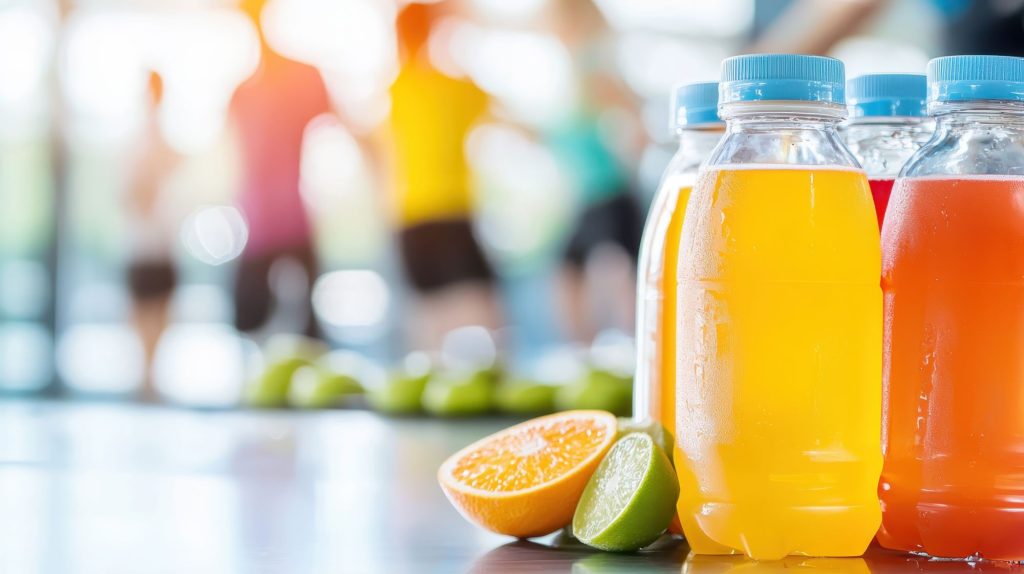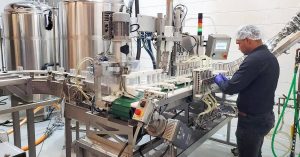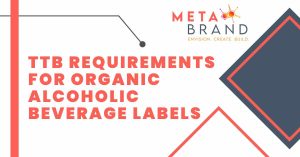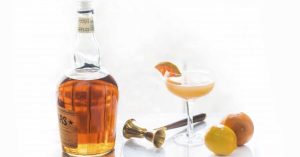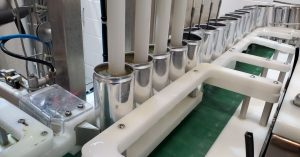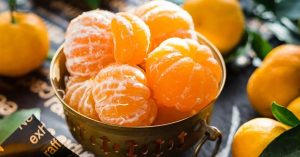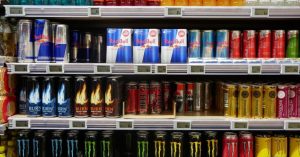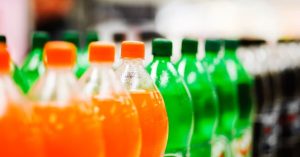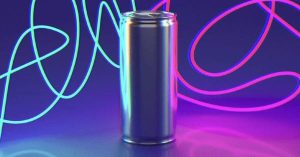Key Highlights
- The non-alcoholic beverage market is experiencing substantial growth, driven by health and wellness trends, a rise in mindful drinking, and demand for tasty alternatives to alcoholic drinks.
- Younger generations, such as Gen Z and millennials, are significantly impacting this growth. They are more health-conscious and seeking beverages that align with their lifestyles.
- Functional beverages, including those with added vitamins, minerals, and botanicals, are gaining popularity among consumers prioritizing health benefits.
- Sustainability is a priority for brands and consumers. From eco-friendly packaging to responsible water usage, ethical practices are shaping purchasing decisions.
Introduction
The beverage industry is undergoing a significant transformation as consumer preferences shift towards healthier options. This evolution is driven by a greater awareness of health benefits associated with reducing alcohol consumption and a desire for tastier non-alcoholic alternatives.
The non-alcoholic beverage sector is responding to this demand with a wave of innovation, transforming how consumers think about and enjoy their drinks.
Evolution of the Non-Alcoholic Beverage Market in the United States
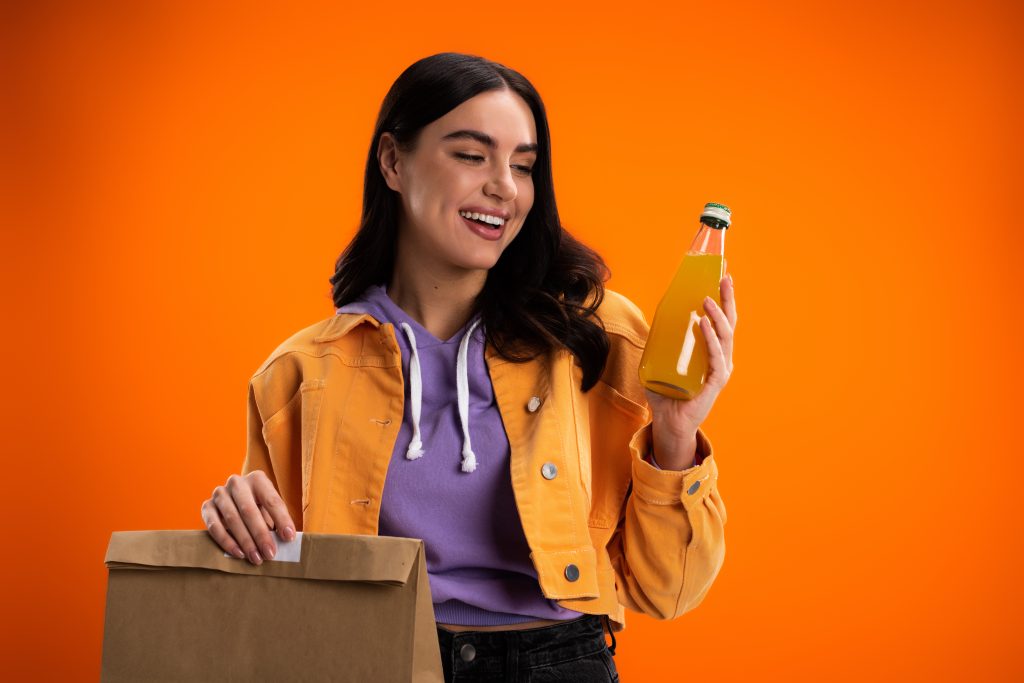
The United States has witnessed a remarkable shift in the non-alcoholic beverage market. Initially driven by a demand for healthier alternatives to sugary sodas, the market quickly evolved beyond basic needs. Now, it encompasses a wide array of sophisticated options catering to increasingly refined palates.
This evolution reflects changing consumer lifestyles, The younger generations, in particular, are driving the demand for non-alcoholic beverages that offer both flavor and experience. This trend has spurred the growth of craft sodas, non-alcoholic beers brewed with traditional methods, and a boom in the ready-to-drink mocktail market.
Shift Towards Health-Conscious Consumption
One of the most impactful trends is the growing number of health-conscious consumers. This shift is fueled by a desire for a healthier lifestyle and an increasing interest in preventive healthcare. People are more aware of the impact their consumption choices have on their overall well-being.
This trend has led to an increased demand for beverages that offer functional benefits. Consumers are no longer satisfied with drinks that only quench thirst; they seek added value. This includes beverages rich in vitamins, minerals, antioxidants, and adaptogens— ingredients believed to provide various health benefits.
The rise of “Dry January” and “Sober October” underscores this shift toward mindful consumption. These movements highlight the growing popularity of moderation, with many individuals opting for non-alcoholic beverages, even beyond these designated periods.
Rise of Functional Beverages and Their Benefits
Functional beverages are experiencing a surge in popularity as consumers seek additional health benefits from their drinks. These beverages, infused with functional ingredients, offer a way to enhance well-being, making them a popular choice.
This category goes beyond merely adding vitamins and minerals. Here’s a glimpse into what makes functional beverages unique:
- Botanical Infusions: Beverages enhanced with botanicals like lavender, chamomile, and elderflower offer calming and relaxing effects.
- Adaptogens for Stress Relief: Drinks featuring adaptogens such as ashwagandha and rhodiola are becoming increasingly common, appealing to those seeking natural solutions for managing stress and promoting balance.
- Enhanced Hydration: Electrolyte-infused beverages and those promoting hydration with coconut water or other natural sources are gaining traction among athletes and those focused on optimal fluid intake.
These innovative functional ingredients align with consumer demand for products that not only taste good but also contribute to a holistic sense of well-being.
Key Drivers Influencing the Non-Alcoholic Beverage Industry
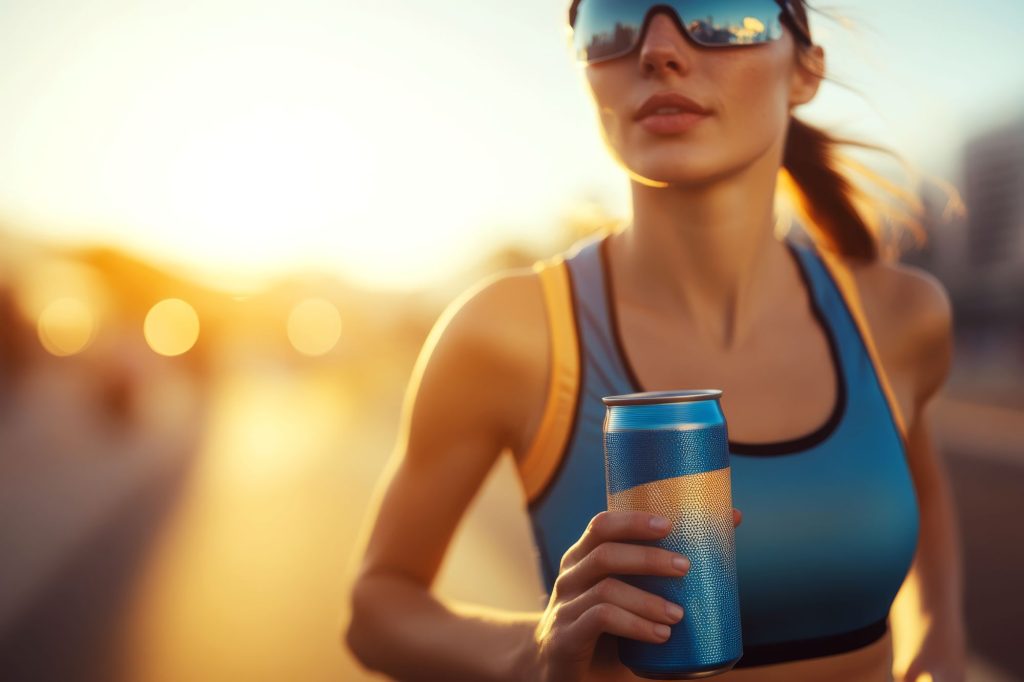
The non-alcoholic beverage industry is experiencing rapid growth fueled by a confluence of factors. These trends are reshaping the beverage landscape and influencing everything from product development to marketing strategies.
In addition to the growing demand for healthier options, evolving consumer lifestyles are playing a significant role. Social media trends, celebrity endorsements, and the desire for beverages reflecting personal values are also shaping the industry’s direction.
Technological Innovations in Beverage Production
Technological advancements have paved the way for a wave of innovation in the beverage industry. New production techniques and an increased focus on research and development have resulted in innovative products that closely mimic the taste and experience of alcoholic beverages.
One notable example is the use of specialized yeast strains to craft non-alcoholic beers that retain the complex flavors and aromas of their traditional counterparts. Similarly, innovative dealcoholization processes allow for the creation of non-alcoholic wines and spirits that closely resemble their alcoholic origins in flavor.
These technological leaps have been crucial in attracting consumers who desire the taste and ritual of their favorite beverages without the alcohol content. As technology develops, we can anticipate even more sophisticated and authentic-tasting non-alcoholic options.
Impact of Social Media and Celebrity Endorsements
Social media has become a driving force in the non-alcoholic beverage industry, shaping consumer perceptions, influencing trends, and connecting brands with their target audiences. The rise of health and wellness influencers has amplified the visibility of non-alcoholic beverages, positioning them as stylish and aspirational choices.
Celebrity endorsements have further fueled this trend. When well-known figures embrace a brand or product, it resonates with their followers. This is particularly impactful in the beverage industry, where personal preferences and lifestyle choices are closely intertwined.
The visual nature of social media platforms makes them ideal for showcasing beautifully crafted mocktails and aesthetically pleasing non-alcoholic beverages. This visual appeal, coupled with positive messaging around wellness and mindful living, has propelled non-alcoholic drinks into the mainstream.
Analyzing Consumer Behavior and Preferences
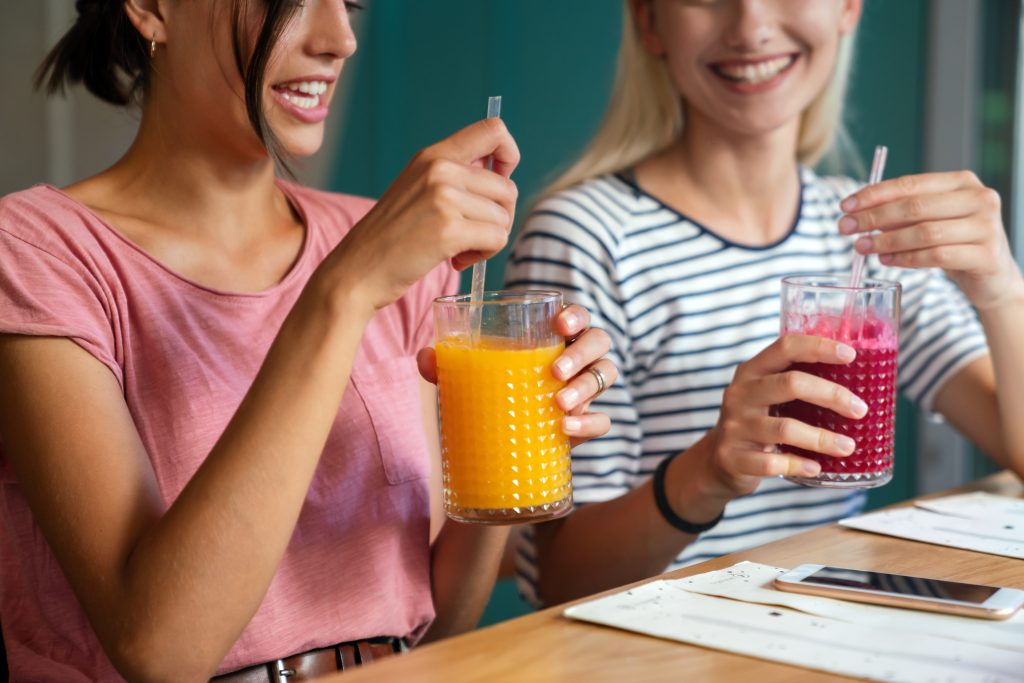
Understanding consumer behavior and preferences is crucial for navigating the evolving non-alcoholic beverage market. Brands are increasingly using data analytics and market research to gain insights into evolving consumer tastes and preferences.
This analysis goes beyond simply identifying popular flavors. It delves into deeper motivations, such as the reasons behind choosing non-alcoholic options, the situations in which they’re preferred, and how those choices reflect individual values and aspirations.
Demographic Shifts and Their Effects on Consumption Patterns
Demographic shifts play a significant role in shaping consumption patterns within the non-alcoholic beverage industry. Millennials and Gen Z, in particular, are influential cohorts. These generations tend to be more health-conscious, experimental, and open to trying new beverages.
Millennials, often associated with a “work hard, play hard” mentality, are increasingly seeking a more balanced lifestyle. This includes being mindful of their alcohol consumption while still enjoying social gatherings and flavorful beverages.
Gen Z, entering adulthood amidst a wave of health and wellness trends, is even more inclined towards mindful consumption. They’ve grown up with access to information about the impact of diet and lifestyle on health and are making choices that reflect those values.
The Growing Demand for Plant-Based and Organic Options
Alongside the demand for healthier choices is a preference for beverages made with natural ingredients. Plant-based and organic options are experiencing significant growth. This shift aligns with a broader consumer trend toward sustainability and reducing environmental impact.
Consumers are increasingly reading labels, seeking out beverages with fewer artificial ingredients and additives. They want to know what’s in their drinks and how those ingredients are sourced.
This interest extends beyond the ingredients themselves to encompass ethical sourcing practices and sustainable packaging options. Brands that prioritize transparency and align with these values are resonating with consumers who want their purchases to reflect their principles.
Consumer Perceptions and Desired Changes in Carbonated Soft Drinks
In the realm of carbonated soft drinks (CSDs), there is a lingering perception among consumers that these beverages are not entirely healthy. In fact, less than half of U.S. Consumers view CSDs as a healthy choice, even when consumed in moderation. This presents a clear challenge for the industry.
Shift Toward Healthier Ingredients
Many individuals, particularly those in the 35 to 54 age group, express a strong interest in CSDs that are enhanced with health-boosting ingredients such as vitamins and minerals. This demographic, making up 61% of CSD users, believes that such enhancements could transform these drinks into healthier options.
Opportunities for Innovation
Beyond general health improvements, there’s a budding curiosity surrounding beverages that offer specific health benefits. Consumers are increasingly intrigued by options promoting brain health and relaxation. This signals a promising avenue for product differentiation, encouraging companies to innovate with functional ingredients.
Spotlight on Non-Alcoholic Craft Beverages
The craft beverage movement, which initially gained traction in the alcoholic beverage sector, has expanded to include non-alcoholic options. This has resulted in a surge in artisanal sodas, non-alcoholic craft beers, and innovative, ready-to-drink beverages.
Consumers gravitate toward these options because they appreciate the quality, flavor, and unique approaches to production. Just like craft breweries redefined beer for many, craft non-alcoholic beverage producers are offering similarly exciting and flavorful experiences.
The Surge in Artisanal and Craft Soft Drinks
Artisanal and craft soft drinks have emerged as a refreshing departure from mass-produced sodas. Consumers are embracing these beverages for their unique flavor profiles, natural ingredients, and commitment to quality.
These beverages use traditional methods and creative ingredient combinations to create unique flavor experiences. From small-batch sodas infused with herbs and spices to sparkling fruit juices with unexpected flavor combinations, these beverages offer a refreshing alternative to conventional soft drinks.
The focus on quality extends beyond taste—artisanal soda producers prioritize sourcing local ingredients whenever possible and avoid artificial sweeteners, colors, and flavors. This dedication to quality and authenticity appeals to discerning consumers.
How Small Batch Production is Changing the Game
The rise of small-batch production is transforming the non-alcoholic beverage landscape. This approach allows for greater experimentation with new products and a focus on quality over quantity. It’s a way for producers to connect more directly with consumers and receive immediate feedback.
Small-batch production is particularly well-suited for the creation of unique and artisanal beverages—those with distinctive flavors and ingredient combinations. It allows brands to respond quickly to evolving consumer preferences and seasonal trends.
This model also fosters a sense of community. Often, consumers feel a connection to small-batch producers, appreciating their dedication to craft, their stories, and their commitment to quality. The success of small-batch production in the non-alcoholic beverage sector mirrors the trajectory of craft beer, highlighting a consumer preference for authenticity and quality.
The Role of Sustainability in Shaping Beverage Choices
Sustainability is a top priority for consumers, impacting purchasing decisions across industries. The non-alcoholic beverage market is no exception, as consumers actively seek out brands with responsible practices that align with their values.
From eco-friendly packaging choices and sustainable sourcing to reduced water usage in production, brands are taking note of these concerns. These practices are essential for attracting and retaining customers who prioritize environmentally friendly and ethically conscious brands.
Eco-Friendly Packaging Innovations

Eco-friendly packaging innovations play a crucial role in the non-alcoholic beverage industry’s commitment to sustainability. Consumers are environmentally aware and actively seek out brands that prioritize reducing their ecological footprint. This has led to a surge in the use of sustainable packaging materials.
One of the most significant shifts is the move away from traditional plastic packaging. Brands are exploring alternative options, including recycled and recyclable plastics, plant-based materials like PLA (polylactic acid), and even edible packaging solutions.
These innovations align with the demand for beverages that are as environmentally friendly as they are enjoyable to consume. As research and development in sustainable packaging solutions progress, consumers can anticipate even more eco-conscious choices in the future.
Corporate Responsibility in Water Usage and Conservation
Water usage and conservation have taken center stage regarding corporate responsibility within the non-alcoholic beverage industry. As water scarcity becomes a growing concern globally, brands are under increasing scrutiny for their water footprint. Consumers are more aware of these issues than ever before.
Companies are implementing measures to reduce water consumption throughout their supply chains, from sourcing ingredients to the production process itself. This includes investing in water-efficient technologies, optimizing production processes, and supporting water conservation projects in the communities where they operate.
Transparency around water usage is also becoming increasingly important. Companies that publicly disclose their water footprint and the steps they are taking to reduce it are building trust with consumers who prioritize ethical and sustainable practices.
The Expansion of Distribution Channels

The non-alcoholic beverage market benefits from expanding distribution channels, making it easier than ever for consumers to access their favorite drinks. While traditional retail channels remain relevant, the rise of e-commerce, direct-to-consumer models, and innovative partnerships have significantly broadened reach.
These new avenues provide greater convenience, allowing consumers to purchase a wider variety of beverages directly from the comfort of their homes. This is particularly impactful for niche brands and emerging products, enabling them to reach a wider customer base without relying solely on traditional retail shelf space.
E-commerce Boom and Direct-to-Consumer Sales
E-commerce has revolutionized how consumers purchase non-alcoholic beverages. The ability to order a wider selection of drinks from the comfort of home, combined with convenient delivery options, has significantly impacted the beverage market.
Direct-to-consumer sales models are gaining momentum, allowing brands to cultivate closer relationships with their customers. By bypassing traditional retail markups, they can offer competitive pricing and special promotions.
This distribution channel also provides valuable insights into consumer preferences. Data analytics can track purchasing patterns, identify popular products, and tailor marketing efforts to specific demographics, making it easier for brands to adapt to the ever-evolving market.
The Changing Landscape of Retail and Supermarkets
Retailers and supermarkets are strategically adapting to the evolving consumer preferences driving the non-alcoholic beverage market. They’re recognizing that consumers are looking beyond traditional soda aisles and seeking a more diverse and interesting selection of beverages.
Supermarkets are dedicating more shelf space to non-alcoholic options, creating designated sections for craft sodas, non-alcoholic beers, and functional beverages. This shift reflects a recognition of the growing demand for these products and a desire to cater to health-conscious shoppers seeking alternatives to alcoholic beverages.
In addition to expanding their product offerings, supermarkets are also focusing on improving the shopping experience for those seeking non-alcoholic options. This includes creating attractive and well-organized displays, offering samples to encourage trial, and providing helpful signage and information about the health benefits and flavor profiles of various beverages.
Navigating Regulatory Challenges and Opportunities
As the non-alcoholic beverage sector expands, navigating regulatory challenges and opportunities is paramount. Compliance with labeling requirements, ingredient regulations, and evolving policies on taxation remains an ongoing focus.
However, these regulations also present opportunities for innovation. As brands develop and market products within these guidelines, it encourages creative solutions focusing on flavor, functionality, and sustainable practices. This fosters an environment where both consumer demand and regulatory compliance drive progress.
Understanding FDA Regulations for Non-Alcoholic Beverages
The Food and Drug Administration (FDA) plays a crucial role in regulating the non-alcoholic beverage industry, ensuring that products meet safety standards and are accurately labeled. Understanding these regulations is paramount for manufacturers to operate within the legal framework.
Key regulations governing labeling include accurate ingredient lists, nutritional information panels, and clear distinctions from alcoholic beverages. Products marketed as “non-alcoholic” must adhere to strict limits on alcohol content.
| Category | Maximum Alcohol Content |
| Non-Alcoholic Beer | 0.5% ABV |
| Non-Alcoholic Wine | 0.5% ABV |
| Non-Alcoholic Distilled Spirits | 0.5% ABV |
The FDA also regulates the use of specific ingredients and additives, ensuring they are safe for consumption and accurately disclosed on product labels, which helps consumers make informed decisions.
The Impact of Taxation and Government Policies
Government policies and taxation significantly influence the non-alcoholic beverage industry. Policies related to sugar content, labeling requirements, and potential taxes on sugary drinks impact product development, pricing strategies, and consumer choices.
For example, taxes implemented on sugar-sweetened beverages to promote healthier choices have led to the reformulation of products to reduce sugar content or the introduction of new product lines that align with these policies.
Additionally, government support for research and development in areas such as sustainable packaging and water conservation can drive innovation, creating opportunities for companies to develop more environmentally responsible practices that align with national initiatives.
Cheers!
The non-alcoholic beverage industry is witnessing a transformative shift towards healthier, more innovative options driven by consumer preferences and market trends.
From functional beverages to sustainable practices, this sector continues to evolve rapidly. With a focus on quality, sustainability, and consumer well-being, the future of non-alcoholic beverages looks promising.
To explore opportunities in this dynamic industry or learn more about emerging trends, feel free to get in touch with us.


